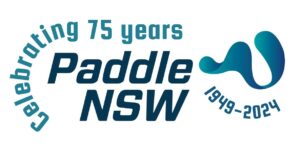Freestyle
Freestyle is a dynamic & spectacular sport in which Freestyle kayakers perform aerial manoeuvres that are called tricks or moves.
Freestyle takes place on a stationary river freature such as a ‘wave’ that can be formed by a drop in the water height.
Other water features that may be used for Freestyle include standing waves, holes, hydraulics, or eddy lines – all boating terms that indicate or describe when water changes direction.
A competition involves athletes competing for a 45 second period, attempting to complete as many tricks as possible and scoring points for each trick.
Kayaks used in freestyle kayaking are often shorter and lighter than kayaks in other whitewater paddlesports, allowing for increased ease of movement.
Check out more info via the tabs below.
Stay up to date with Freestyle activities and events via our Facebook page.















